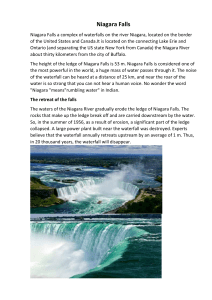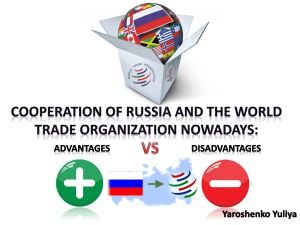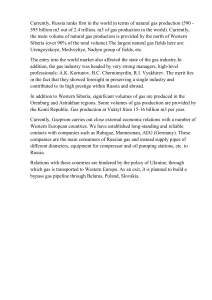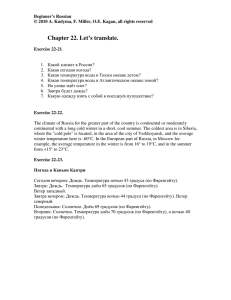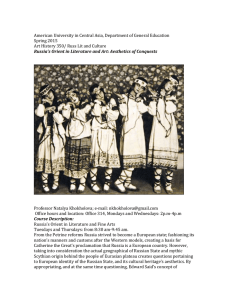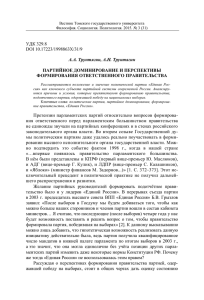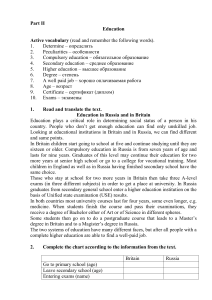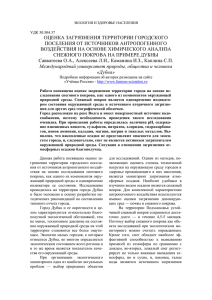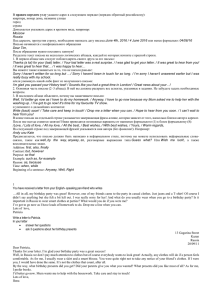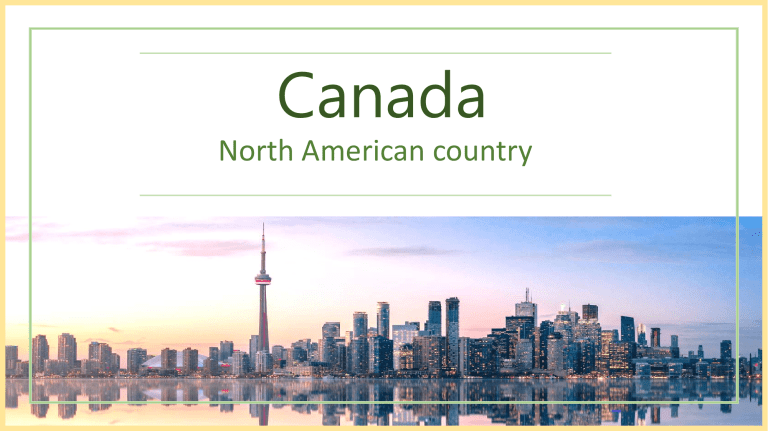
Canada North American country History of origin Population of the country The population of Canada has risen from 11,5 million in 1941 to 25 million in 1980. Most of the new-comers are from Europe, Asia and the USA, so that today less than 44% of Canada’s population is of British origin. Quebec Province is still 90% French. There are some groups of French Canadians in Ontario and Manitoba, but the numbers are quite small. Territory Canada's geography is wide and varied. Occupying the northern part of the North American continent (about 40%), in terms of area, Canada is the second country in the world after Russia. Attraction We list the main attractions of Canada: 1. Parliament building of Canada (Ottawa) 2. Niagara Falls (Niagara Falls, Ontario) 3. Oratory of St. Joseph (Montreal) Resources of the country Due to its large territory, different climatic zones and types of relief, Canada has a lot of various natural resources. Perhaps, in this area, she can be called one of the world leaders. Industry Of Canada Canada has a highly developed manufacturing industry, while occupying a leading position in the world in the extraction and production of many types of raw materials - nickel, uranium, asbestos, aluminum Historical facts 1. Canada is the second largest state in the world after Russia. 2. The border between the United States and Canada is the longest in the world. 3. Canada is formally ruled by British Queen Elizabeth II. As, by the way, and Australia. 4. The name "Canada" translated from the dialect of the Iroquois Indians means "land", "edge" or "village". 5. Canada's northernmost settlement on Earth is a military base off the northern coast of Ellesmere Island. 6. Canada has more lakes than any other state. Conclusion
